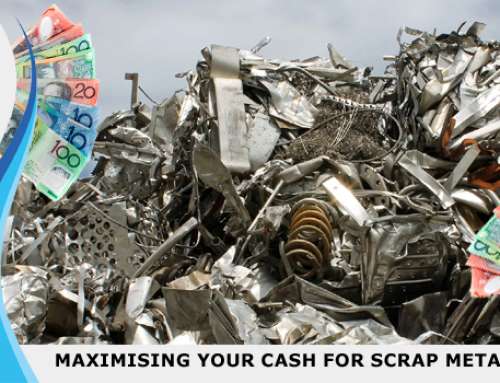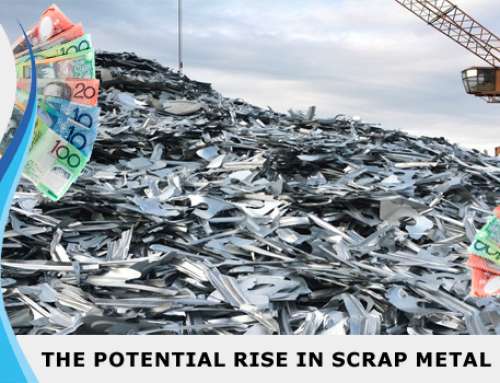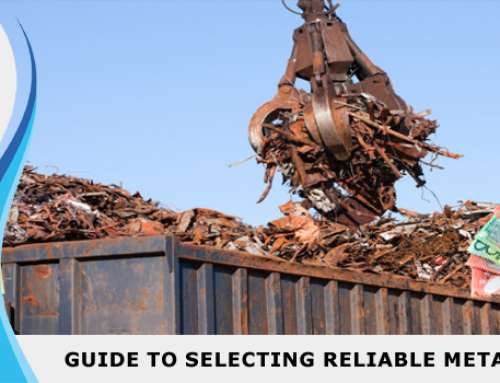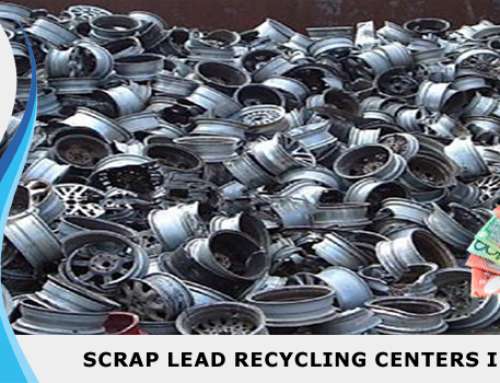Brass is a popular alloy of copper and zinc. Its durability, corrosion resistance, and aesthetic appeal make it a top choice. However, the same longevity means it often gets discarded or goes to waste. This article highlights the opportunities and benefits tied to scrap brass.
The Utilization Of Brass In Everyday Items
We’re surrounded by cash for scrap brass Adelaide more than we realize. From the classic door knobs and drawer handles in our homes to the cartridge cases and musical instruments, brass is integrated into our lives. It’s not just restricted to these; it’s commonly found in plumbing fixtures, electrical appliances, and even in some coins. Such widespread use leads to an inevitable pile-up of discarded or unused brass items over time.
In modern settings, brass is utilized in electronic devices and gadgets, often as connectors or in circuitry, due to its good conductivity. And in our daily life, even those minute items, like zippers or decorative pieces, may have traces of brass. As industries continue to innovate, the list of items that integrate brass keeps expanding.
Economic Benefits Of Selling Scrap Brass
There’s gold in your junk, well, not literally, but scrap brass can fetch a pretty penny. Its demand remains steady as it can be effectively recycled to produce new items. With the growing cost of mining fresh ores and the global push towards sustainability, recycled brass has become an attractive proposition for industries. As a result, several scrap dealers are willing to pay handsomely for your pile of unused brass items. Keeping an eye on global scrap metal prices can help you determine the right time to sell, maximizing your returns.
Environmental Advantages Of Recycling Brass
Going beyond the economic gains, recycling brass is a nod to environmental responsibility. Mining, the primary source of fresh brass, involves a significant amount of energy, leading to higher carbon emissions. In contrast, recycling brass uses less energy, reducing the overall carbon footprint. Furthermore, recycling ensures that the brass doesn’t end up in landfills, preventing soil and water contamination. Every kilogram of recycled brass means one less kilogram of waste in the environment.
The Recycling Process Of Brass
Once you’ve made the decision to recycle, it’s interesting to note how brass is given a second life. Initially, collected brass is sorted and cleaned to remove any impurities or non-metallic materials. It is then shredded or crushed for ease of melting. The next step involves melting it down at specific temperatures, after which it’s cast into appropriate molds. These molds, once cooled, are ready to be transformed into new brass products, completing the cycle.
Moreover, recycling brass is considerably more energy-efficient than producing it from raw materials. Extracting and processing copper and zinc (the primary components of brass) from their respective ores consumes a significant amount of energy. Conversely, melting down used brass to repurpose it uses only a fraction of that energy. This conserves valuable natural resources. It reduces the carbon footprint and environmental impact associated with mining and processing.
Tips For Collecting And Selling Brass
To get started, identify items that are genuinely made of brass. A simple trick involves using a magnet; if it doesn’t stick, you’ve likely got brass. Once identified, segregate them from other metals. Ensure they’re cleaned, especially if they’ve been outdoors or in contact with corrosive materials. Store in a dry place to maintain quality. When selling, research local scrap dealers to ensure you’re getting competitive rates. Additionally, understanding weight classifications can prevent you from being shortchanged; brass is often measured in pounds or kilograms, so a small household scale can be beneficial.
Conclusion
In the vast ecosystem of recyclables, brass holds a unique spot. It offers monetary incentives and stands as a testament to how our recycling efforts can directly benefit the environment. So, the next time you come across an old brass item gathering dust. Remember it’s not just scrap; it’s an opportunity for extra money and a chance to contribute to a cleaner planet.





